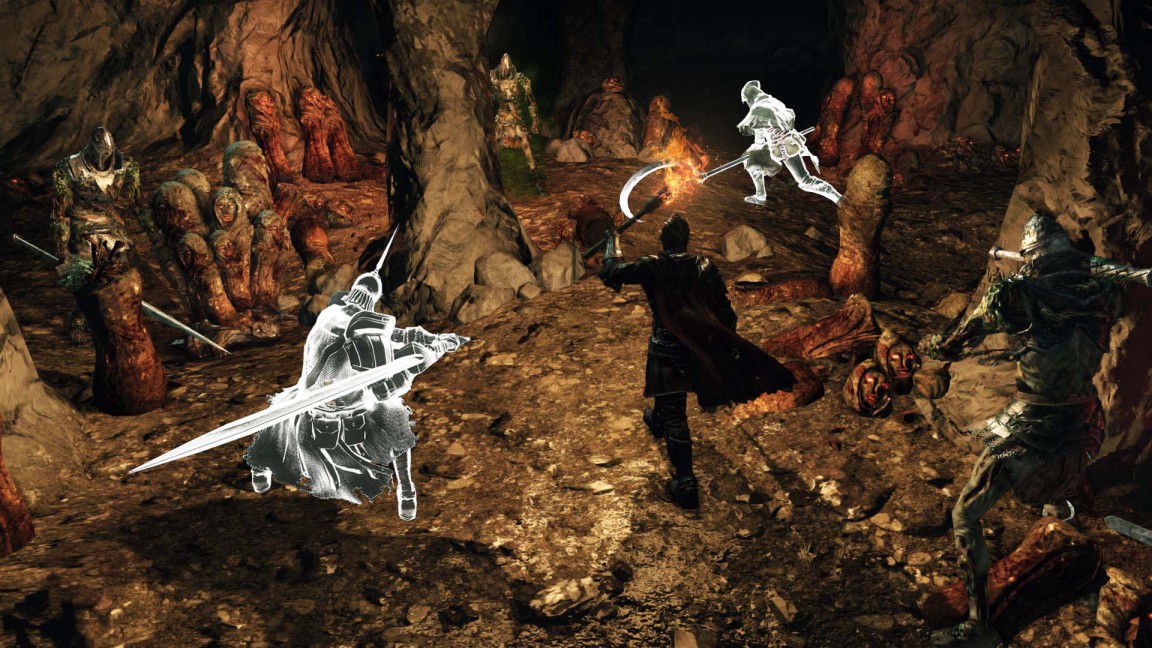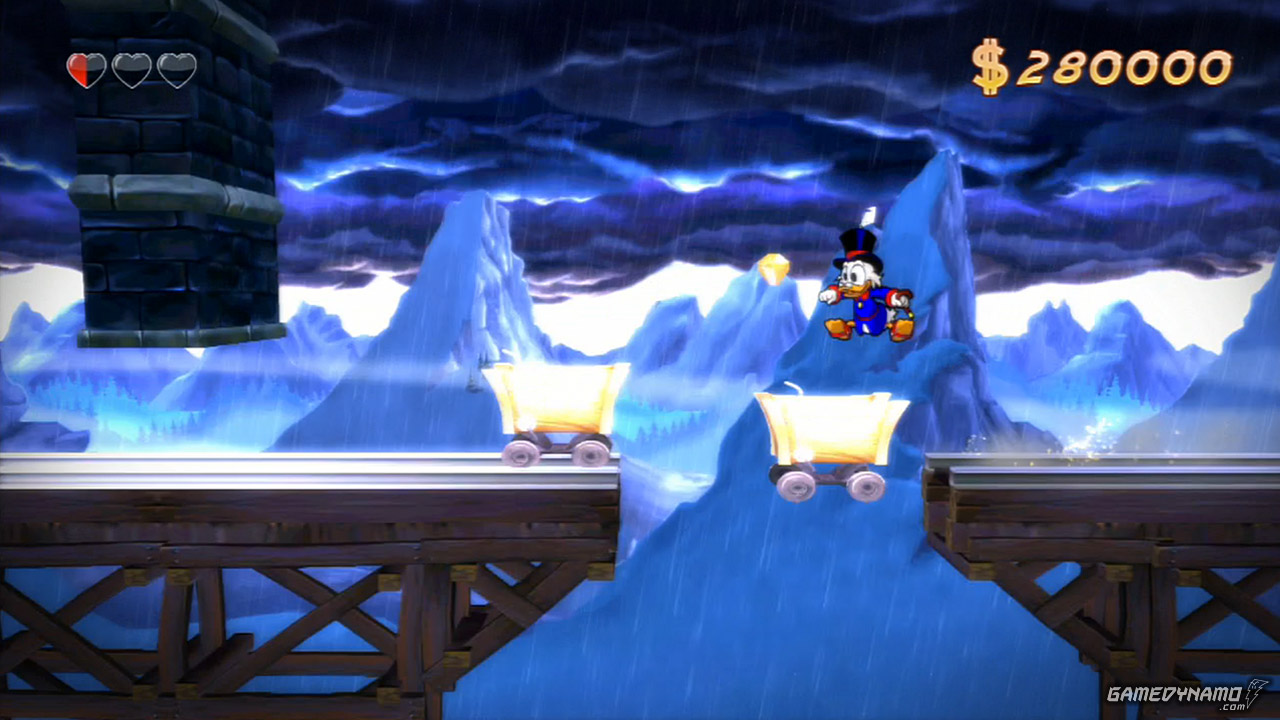

Question: What is a blue moon?
Answer: Second full moon in a calendar month
Interesting Fact: ‘Once in a Blue Moon’ is a common way of saying not very often, but what exactly is a Blue Moon? According to the popular definition, it is the second Full Moon to occur in a single calendar month. The average interval between Full Moons is about 29.5 days, while the length of an average month is roughly 30.5 days. This makes it very unlikely that any given month will contain two Full Moons, though it does sometimes happen. On average, there will be 41 months that have two Full Moons in every century, so you could say that once in a Blue Moon actually means once every two-and-a-half years.
Question: Where was chess invented?
Answer: India
Interesting Fact: The invention of Chess has been attributed to the Indians by the Persians. Abu al-Hasan ‘Al+ al-Mas’kd+, an early Islam historian, provided scholarly details of the game as it was played in India and Persia. He details the use of chess as a tool for warfare strategy, mathematical calculations, gambling and even its vague association with astronomy. Mas’kd+ notes that Ivory was chiefly used for the production of chess and backgammon pieces, and asserts that the game was introduced from India to Persia along with the book Kelileh va Demneh during the reign of Persian emperor Anushirwan.
Question: What was Gatorade named for?
Answer: University of Florida Gators football team
Interesting Fact: Gatorade was created by Drs. Robert Cade, Mandel Dequesada, Alex DeQuesada, Dana Shires and Jim Free at the University of Florida in 1965 for the school’s football team and named after the university’s athletic nickname, the Gators. Cade entered into an agreement with the Indianapolis-based fruit and vegetable canning company Stokely-Van Camp, Inc. (S-VC) to produce the product, which he had already patented.
Question: Why do whales spout?
Answer: To Breath
Interesting Fact: All whales have to surface to breath and when they exhale they produce a “spout” of moist, warm air from blowholes on the top of their heads. The different whale species can be distinguished by the size and shape of their spout.
Question: Who thought of Daylight Savings Time?
Answer: William Willett
Interesting Fact: Traditionally, Americans adjusted their hours to fit changes in daylight. Farmers, as well as railroads, steamship lines, shops, and factories changed their hours of operation seasonally. These seasonal schedules declined after American railroads implemented standard time zones in 1883. In 1907, an English builder and golfer named William Willett proposed the basic outline of what became daylight saving time. His plan found ready ears in the United States.
Question: What is the longest insect?
Answer: Giant Stick Insect
Interesting Fact: Giant stick insects are some of the longest insects in the world. In fact, the longest insect on record is a stick insect of the species Pharnacia kirbyi, found living in the rainforests of Borneo, and it can grow up to 20 inches long.
There are thousands of general knowledge quiz questions. at http://www.freetrivia-and-pubquizquestions.com for your next trivia evening or pub quiz.




 DuckTales Remastered Achievements & Trophies Guide
DuckTales Remastered Achievements & Trophies Guide 10 Tips to Rule Effectively in Tropico 4 - AlterGamer
10 Tips to Rule Effectively in Tropico 4 - AlterGamer Fighting the Future: Jan Klose on The Surge
Fighting the Future: Jan Klose on The Surge Crysis 3 Nanosuit Upgrade Modules Locations Guide
Crysis 3 Nanosuit Upgrade Modules Locations Guide Walkthrough Transformers: Devastation
Walkthrough Transformers: Devastation